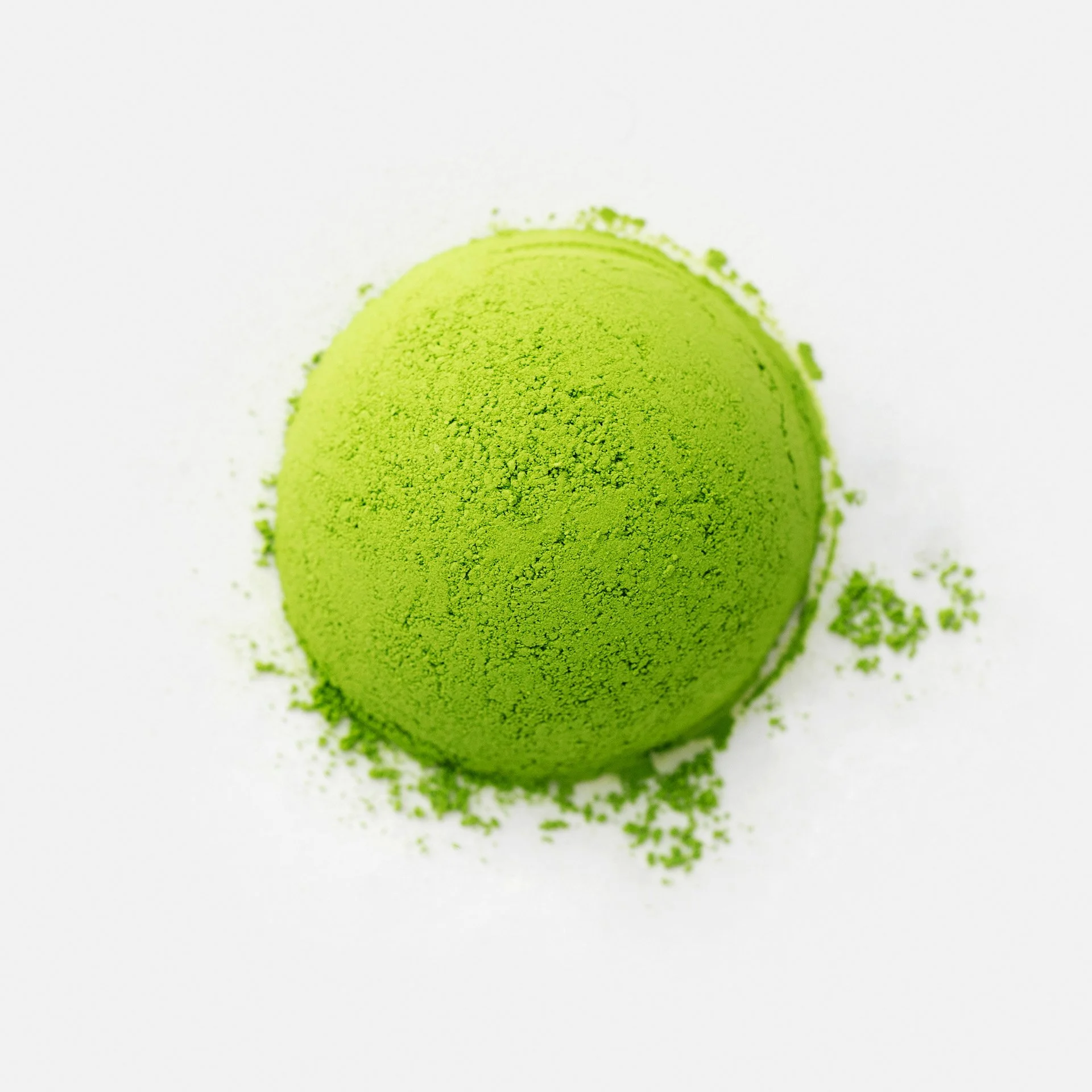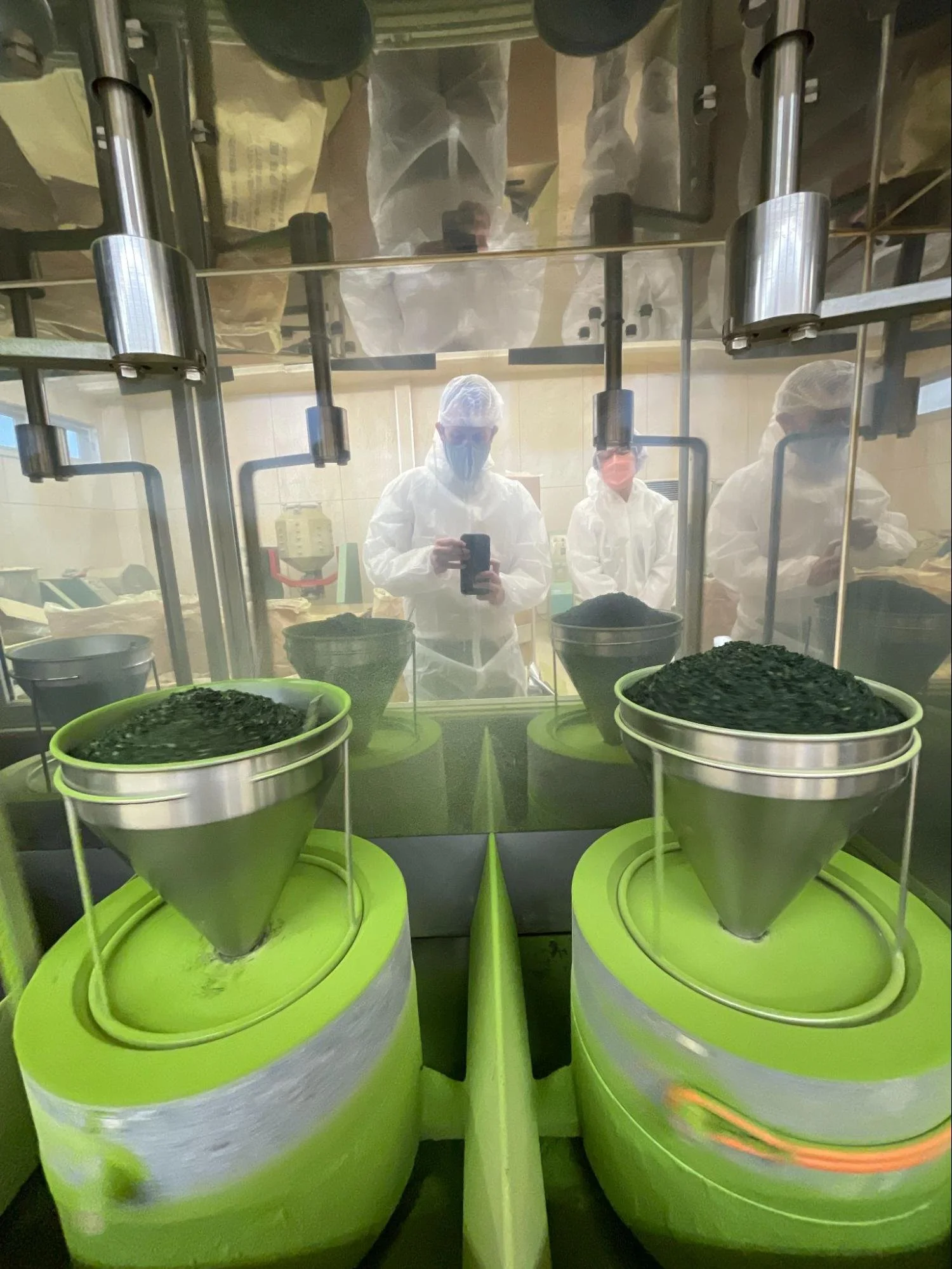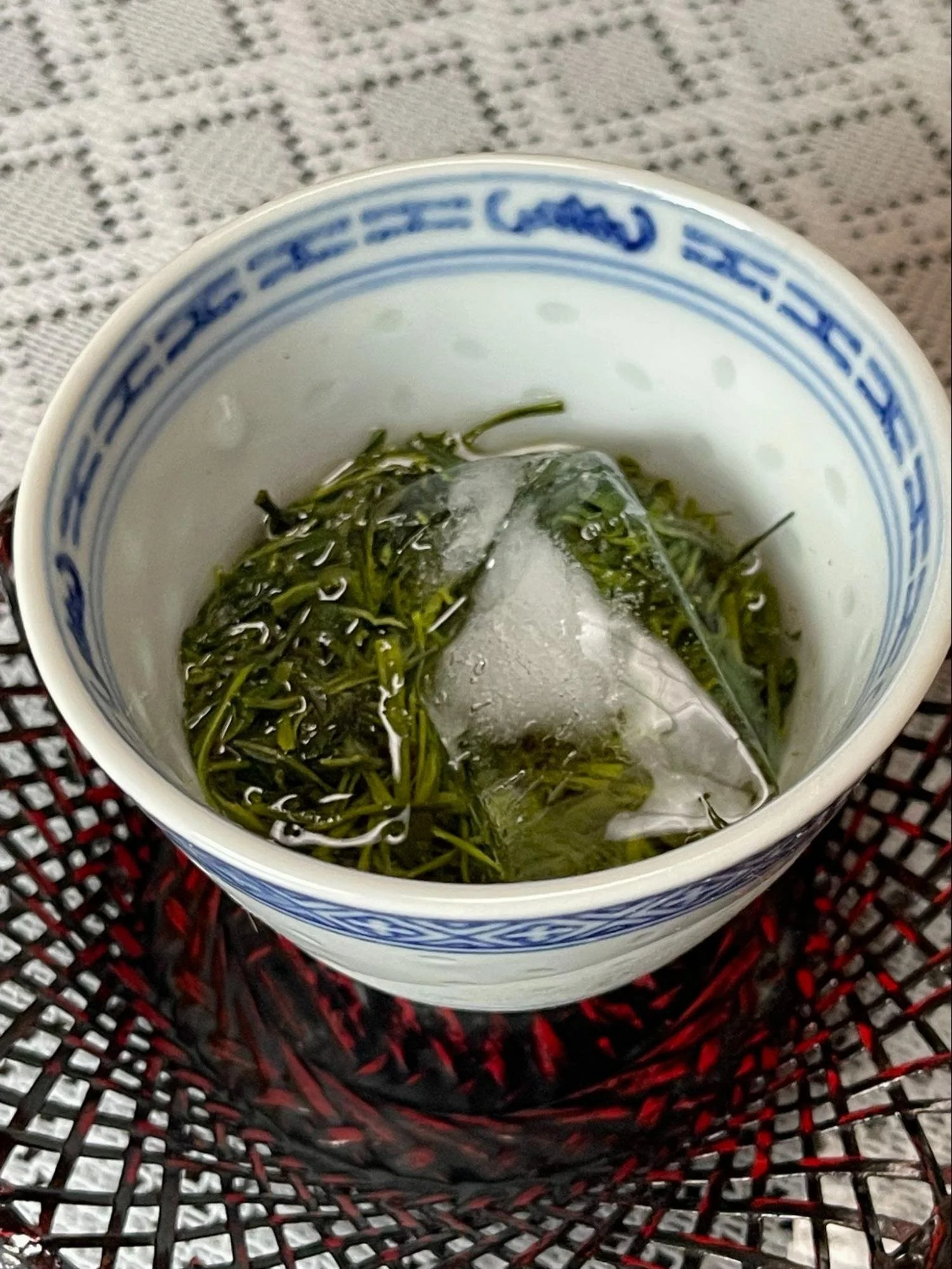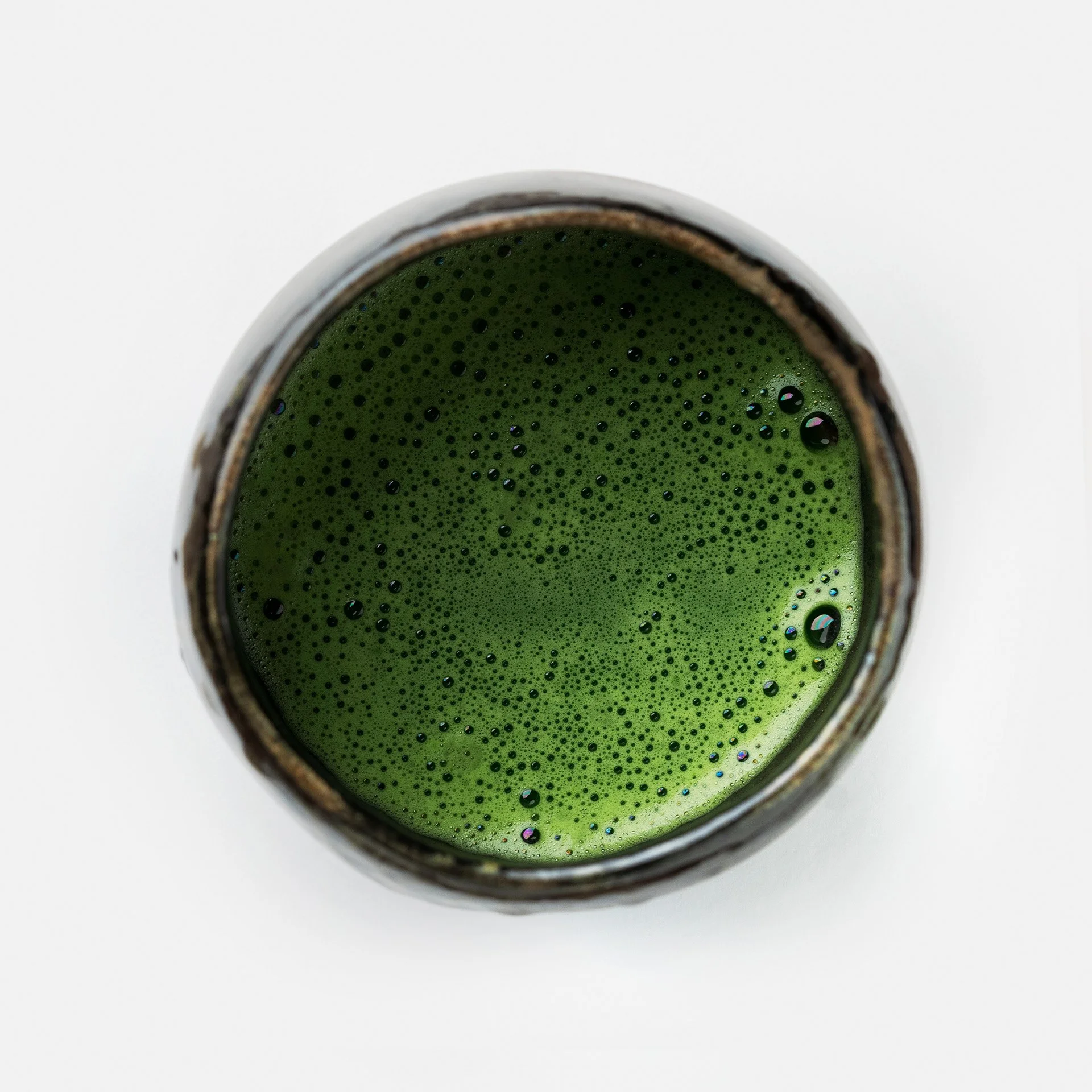Uji-Hikari (宇治ひかり) from an Uji Micro-terroir
Matcha Mill Club is our monthly Matcha membership, where we stone-mill a new single-cultivar Matcha and ship it out within 24 hours of milling every month. This article details the Matcha we shipped for December 2022!
Micro-Terroir Uji (宇治ひかり)
We have a new wonderful Matcha that we’re deeply excited to share with you that we’re calling “Uji-Hikari Tezumi Matcha Micro-Terroir Uji (宇治ひかり.)”
You might notice something odd about this name because a seemingly critical piece of information is missing: “Micro-terroir Uji.” The question here is what micro-terroir? This is a lot like saying, “Coffee from a famous micro-terroir within Panama.” Okay, which one?
At Ooika, we always include as much granular information as possible. So, why is that missing? I want to cover that later while touching more broadly on the Japanese tea industry as I understand it.
On Producers
Ooika has a small team of 4, and Marc, Ooika’s Matcha miller is currently in Japan meeting with more tea farmers across the country. Before I arrived back in Japan, I emailed a few producers—one of which declined due to time constraints but unexpectedly replied by saying, “I’ve heard you will be visiting my friend’s farm. Please say hello for me.”
I have many more stories like this but the prime point is this: the Japanese tea industry is shockingly small. Producers know each other, meet often, and share details. Because the Japanese tea industry is rapidly shrinking (a large topic I’ll cover in the future) as more farms shut down, this only increases the community bond.
Legacy in the Japanese Tea Industry
Access to the Japanese tea industry is extremely difficult. Language, distance, and cultural barriers stand in the way. Though, because domestic demand has shrunk and the international market has increased, this has been eased somewhat.
Still, consider that most farmers still only sell domestically—business here is built slowly over many face-to-face meetings, and some companies have been around for centuries.Ooika, on the other hand, is a fledgling business, not to mention international! To make matters more complicated, Ooika is primarily only interested in the highest caliber of Japanese tea (for example, hand-picked and from the most prestigious terroirs.)
What this means is that should a farmer decide to sell Ooika his/her highly-limited quantity of tea that his/her farm has built a reputation around for generations— he/she is taking a great risk that Ooika will sell the material under the farm's name and damage the reputation should we handle the material improperly.
It’s difficult to describe how great this risk is to the legacy of the farmers.
International Relationships
One more note: it’s not simply about reputation. Some growers have unique relationships with international companies and choose only to sell their material exclusively through them. Demand for tea internationally is so high that many growers can do this with no decrease in sales.
It is the case in this month's Matcha that this grower (one of the best in all of Japan) has a pre-existing relationship with only one US company. This grower has been wonderfully kind in allowing Ooika the opportunity to grind their Tencha into Matcha, but they requested we do not provide their name or specific micro-terroir that anyone sensitive to the Matcha industry would surmise it is them.
While there is no exclusive rights agreement between this grower and this one US company, the grower does not wish to harm the sales of this company. Anyhow, I found all of this deeply interesting, and well worth sharing!
Uji-Hikari Tezumi Matcha Micro-Terroir Uji (宇治ひかり)
On to this month’s Matcha. Ujihikari (宇治ひかり) comes from an individual seed-grown plant that was selected by the Kyoto Prefecture Tea Industry Research Institute (京都府茶業研究所) due to its appropriateness for use in high-grade gyokuros and other teas.
The leaves of this cultivar have a distinctive wavy appearance, and it’s particularly tasty though a little uncommon compared to other cultivars. Ooika is very fortunate to source the unground Tencha tea leaves, that we mill in-house to make this Matcha. The source is a wonderfully rich micro terroir within Uji city.
While we cannot reveal the exact micro-terroir this Matcha comes from, we can say that it is in Uji proper. Its micro-terroir is perhaps one of the most pristine in the country, and perhaps someday in the future, we can share more details.




